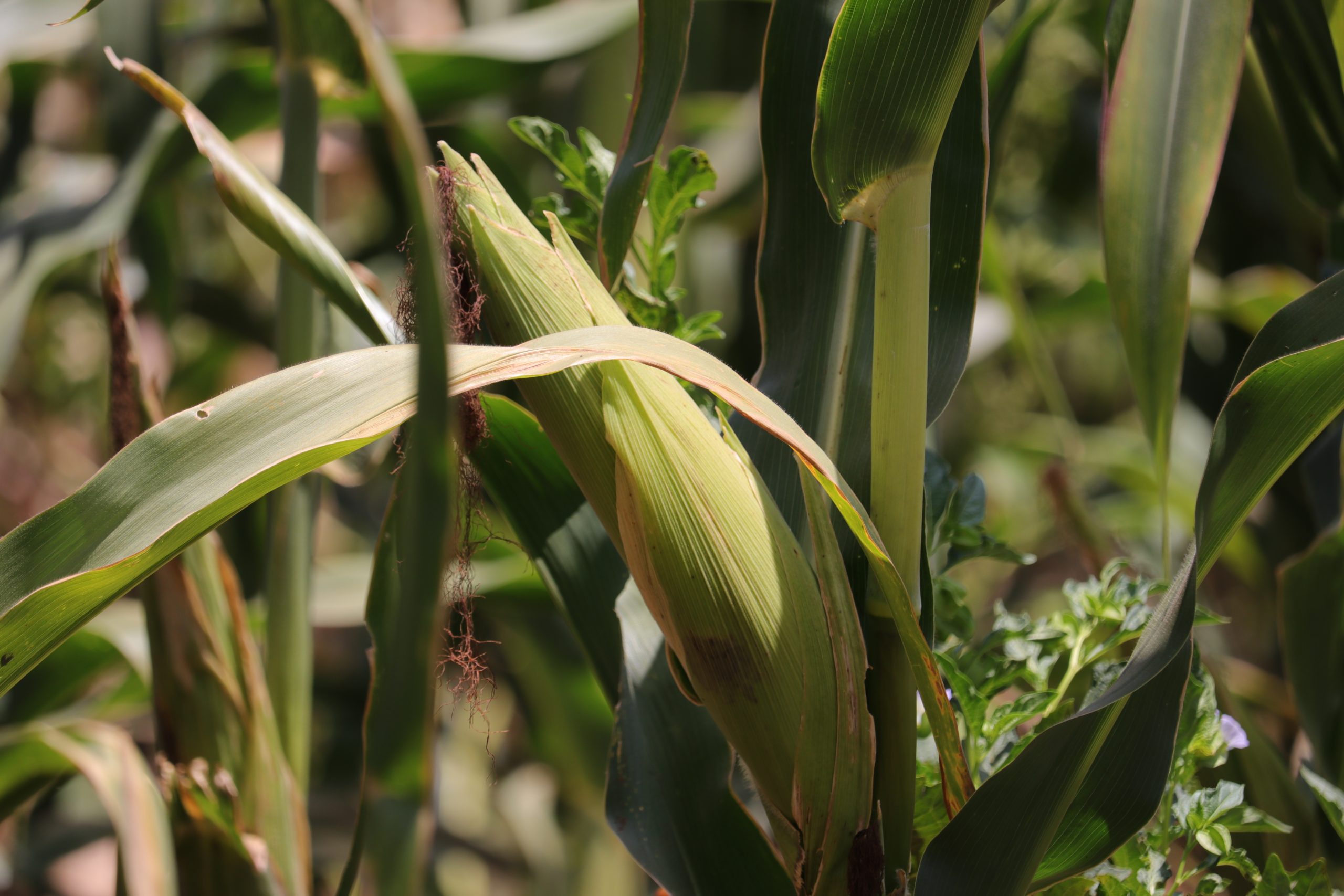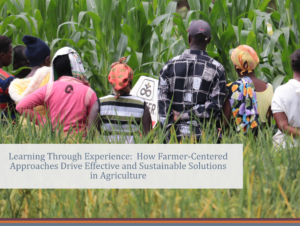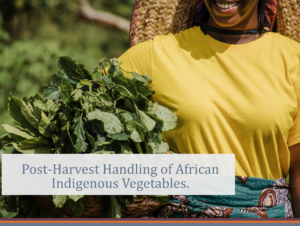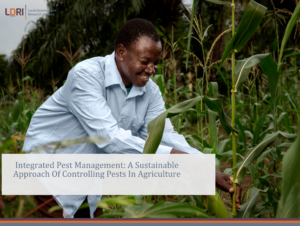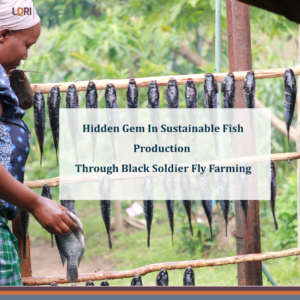![]()
Reliable Data, The Pathway To Fighting Food Insecurity
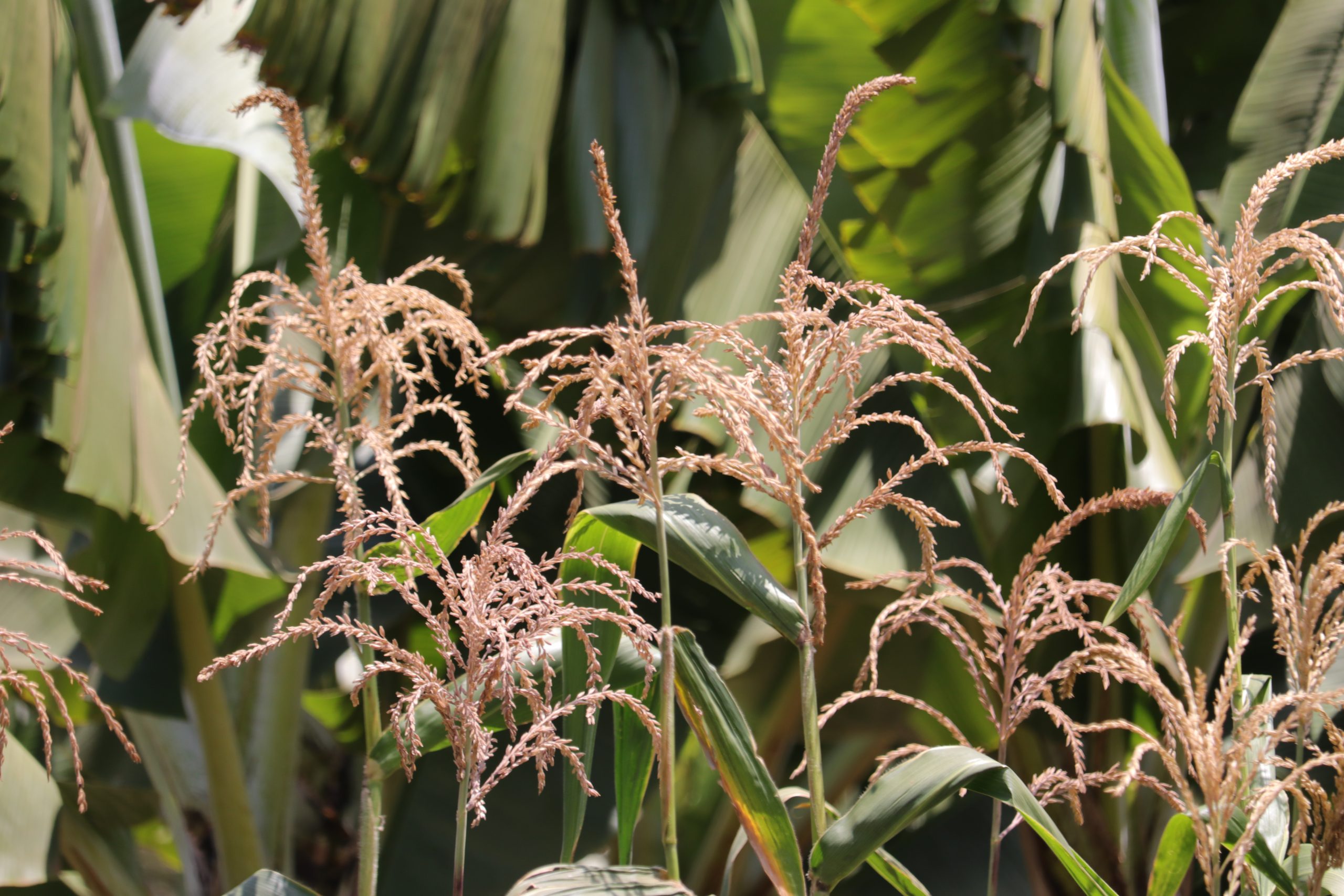
Food is one of the basic needs of human beings. It provides the energy and nutrients needed to grow and develop, gain strength, and work productively. In Abraham Maslow’s Hierarchy of Needs, he defines food as “an innate physiological need along with water, warmth and rest”.
Food insecurity is defined as the lack of access to enough good, healthy, and culturally appropriate food. A healthy and wealthy nation is one in which the citizens are food sufficient.
The 2022 Global Report on Food Crises (GRFC) indicated that food insecurity Hits an All-Time High of almost 193 million people across 53 countries/territories being acutely food insecure in 2021, up nearly 40 million people from 2020. In Sierra Leone, the 2020 Comprehensive Food Security and Vulnerability Analysis (CFSVA) report indicated overall food insecurity of 57 percent (4.7 million people) with 12 percent severely insecure. The worsening situation of food insecurity according to the 2020 CFSVA was a result of COVID-19 which compounded an already stagnant economic situation. With some 77 percent of the rural population relying on farming as their primary livelihood, Lockdowns and non-movement of people affected the production and transportation of goods to markets.
There seems to be a missing link, especially in Africa in using data in the fight against food insecurity. Leaders and stakeholders have always assured their citizens of using data to formulate policies in the fight against food insecurity. However, evidence has shown that in most countries the fight has not been successful. Resources that must be in place in ensuring proper data collection and management to inform policies seem not to be available. The questions one would want answers to are; is data the problem in having the right policies in place? What was wrong with the data collected and used to inform policy over the years? How were these data collected and analyzed? Were policymakers able to interpret the data correctly?
In Sierra Leone, collecting and analyzing data using technology is still a challenge. In most Ministries, Departments, and Agencies (MDAs), data is mostly collected and stored in paper format. Getting data from most MDAs in Sierra Leone can be a difficult task that demonstrates the various issues in the data value chain which need to be addressed in regard to the availability and reliability of data for decision making.
Good response mechanisms in the fight against hunger cannot be designed without credible and reliable data. Quality data should be the basis for informed decision-making in the fight against food insecurity. Having systems that ensure the availability of timely, accurate, and trustworthy data that informs policies and having policymakers trained on the interpretation of these data can greatly help in the fight against food insecurity.
Governments and stakeholders must direct appreciable resources to ensure that data on food security are collected, analyzed, and shared in formats that policymakers can interpret and use to inform policy.
Author: Abdulai Kamara, AODN Fellow

